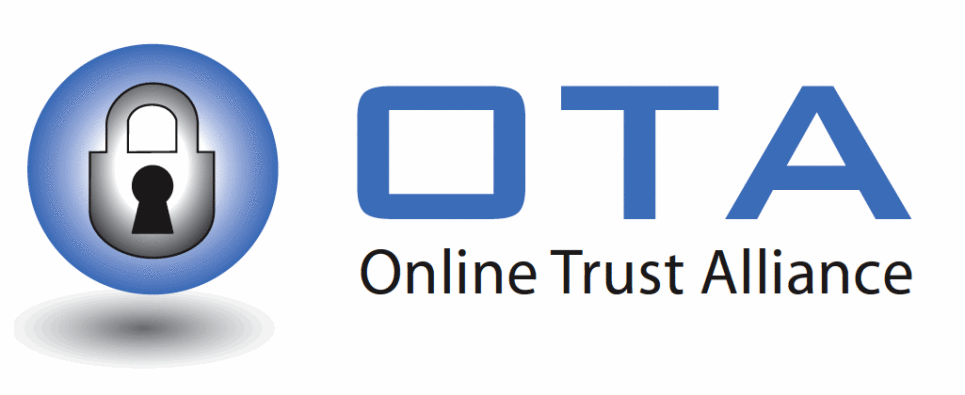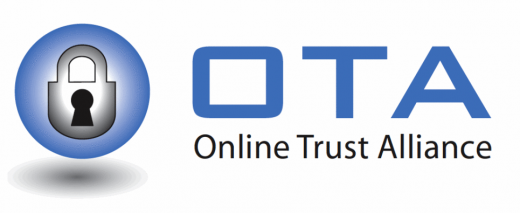Online Trust Alliance Calls On Ad Industry To Rethink Priorities, Avoid Ad Trust Crisis
by Laurie Sullivan@lauriesullivan, November 16, 2016
The Online Trust Alliance wants to address the boycott of advertising by consumers running ad blocking, so it’s calling on ad industry executives to get their heads out of the sand and step up to make several changes.

“Someone running an ad blocker in their browser is boycotting advertising,” said Craig Spiezle, president of the Online Trust Alliance.
The issues are mostly with display and native advertising, Spiezle said. “You don’t have search ads trying to take over the user experience,” he said. “There’s more being done in the search industry to vet who submits ad content like some of the ads that have run in the past from bogus pharmaceutical companies.”
The OTA Wednesday released a whitepaper titled “Vision for Trustworthy Advertising” developed with input from industry insiders detailing the mounting issues impacting user experience online. Some of those issues include the acceleration of ad blocking; malware; privacy and security issues; and providing clear disclosure when the content is an ad.
The non-profit is calling on the advertising industry to address and avoid what it calls an “ad trust meltdown.”
“It’s almost like no one wants to change anything because change could mean disenfranchising some business models,” said Craig Spiezle, president of the Online Trust Alliance. “If publishers cannot monetize ads what does that mean for the content we rely on?”
Nearly one in five Internet users worldwide block ads, according to September 2016 research published by Kantar TNS and highlighted by eMarketer. The survey of Internet users in more than 50 countries found that overall 18% reported blocking ads. Ad blocking was slightly more common among younger respondents, with 20% of those ages 16 to 34 reported using ad blockers.
User frustration is driving ad fatigue reducing advertising’s effectiveness. Ads which auto-run video and obscure the ability to cancel detract from the user experience and are often cited as justification for the use of ad blockers. Compounding the issue is the rise of native advertising which all too often lacks transparency. Increasingly such native ads serve as “click bait” (using misleading images and headlines) and risk running afoul of regulators. Recently leading publishers are rethinking their strategy and the impact to their brand, curtailing native ads. 2
Change would mean a more thorough vetting of all ad content that could cause additional friction for a variety of media like real-time programmatic ad buying. Addressing consumer privacy concerns would mean curtailing the data collection processes that drive advertising.
Search is less of a concern because ‘it’s a better controlled media, but there have been issues in the past,” Spiezle said. “We do have concerns about sponsored placements. We have more of a concern around native and display.”
What can the display industry learn from search marketers? Search is must easier to identify the advertisers placing and running ads. There’s no DSP model or intermediaries like in display, so it provides a much cleaner supply chain and business model, Spiezle said.
“We do recognize some of the deceptive ads that show up as sponsored content when someone searches on a word and some of the descriptive content,” he said. “Microsoft has done a much better job to address that issue.”
MediaPost.com: Search Marketing Daily
(17)













